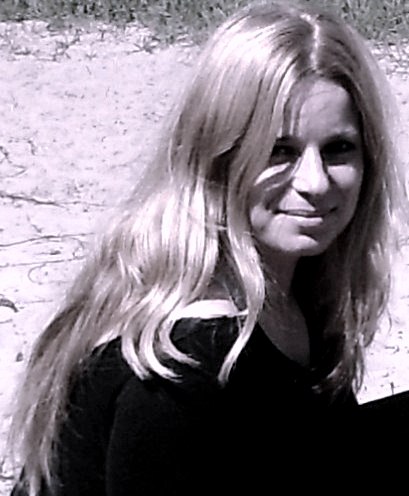I seem to have loved you
in numberless forms, numberless times…
In life after life, in age after age, forever.
–Tagore
I have been coming to India since I can remember, in numberless forms, numberless times. There was that first yoga class I took in Paris in the year 2000. Something happened to me that day and it still keeps happening every time I step on my yoga mat. Then there was a comparative essay I wrote as an undergraduate on the historical differences between Indian cyclical time consciousness vs. Western, more linear time awareness. I discovered the Indian historian Romila Thapar. Shortly after, I found the Bhagavad Gita in the rather unspiritual library of my father. It took me another thirty years before I was ready to receive the spiritual wisdom and richness of this sacred Hindu text. I started to study Indian philosophy at the University of Groningen in the early 2000s but life soon took me in another direction, to other continents.
As a brief intermezzo I physically came to India for the first time in mid-2000s. It was love at first sight. I spent nine months wandering around that vast country breathing, smelling, and tasting the richness it has to offer. And feeling, especially feeling. The words are too short to described what I felt each time I was entering a Hindu shrine. A sense of strong connection, oneness, happiness, of something far bigger than I could have ever imagined existed. I was in a state of high alertness and sensitivity. What I was experiencing was so intense that it made me aware of how limited my language was; my mind seemed way too poor to grasp what I was sensing.
Years later when I was moving again to yet another country, I found the pictures of that first trip and it profoundly touched me. I still cannot really put my finger on it. I booked a flight to Chennai and soon found myself again among this strange familiarity after an absence of nearly twenty years. As soon as I put my feet on Indian soil I came to realize that I have never truly left or better said: India never left me. On top of previous experiences, this time I heard soft whispers in my ears, felt gentle brushes on my hair and tender strokes on my hand. After this brief revisit I wrote two love letters to India from the bottom of my heart. The first one was to the Indian ambassador in Poland, the second was a volume of poetry largely inspired by what I have experienced during that second stay.
In the months that followed – in a moment of insanity – I was preaching The Yoga of Divine Love 1 on a Polish train. I started to reread Sri Aurobindo, this time with more presence and awareness. In that quest, I ran into a beautiful essay called The hour of God. 2 Yet another wake up call and individual and collective reminder of why we are on the planet Earth.
As usual, in a poetic, abstract language, Sri Aurobindo describes human condition and state of humanity. The collection of essays written between 1910 and 1940 have not lost their urgency. I would even say that they have become more urgent than ever: ‘Unhappy is the man or the nation which, when the divine moment arrives, is found sleeping or unprepared to use it, because the lamp has not been kept trimmed for the welcome and the ears are sealed to the call. But thrice woe to them who are strong and ready, yet waste the force or misuse the moment; for them is irreparable loss or a great destruction.
Hear the calling? The hour of God is short yet powerful and provoking. Slowly, but surely Sri Aurobindo unfolds, in an insightful and inspiring way, how we can walk the path towards realization. That path is not without traps; as in the most spiritual traditions the ego being our largest pitfall. What distinguished this piece from other texts on that topic is its musicality. It is like a sweet melody that opens the secret doors of perception.
Sri Aurobindo’s poetic vision resonates in my poetry and my poetry resonates in Indian music. Wherever I am, each time I am listening to Karunesh or other mystic musicians, India is never far away. I feel deeply every time I hear the tenderness of a sitar or gentleness of bansuri, so deeply as only the true love can feel. I’ve got India under my skin.
Aleksandra Pudliszak is a poet and yogini.

